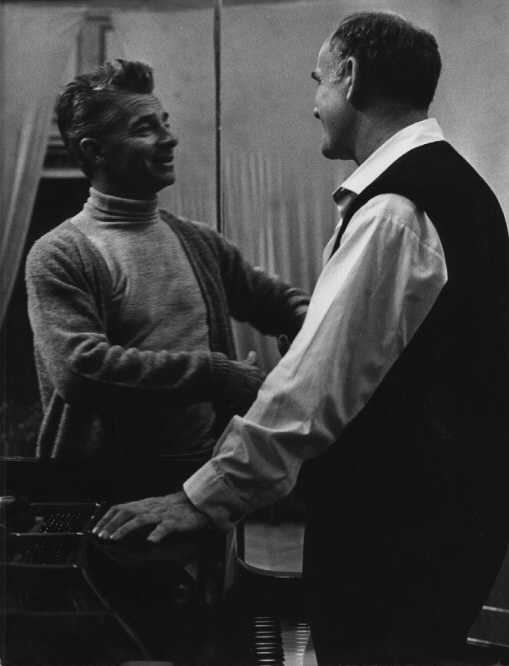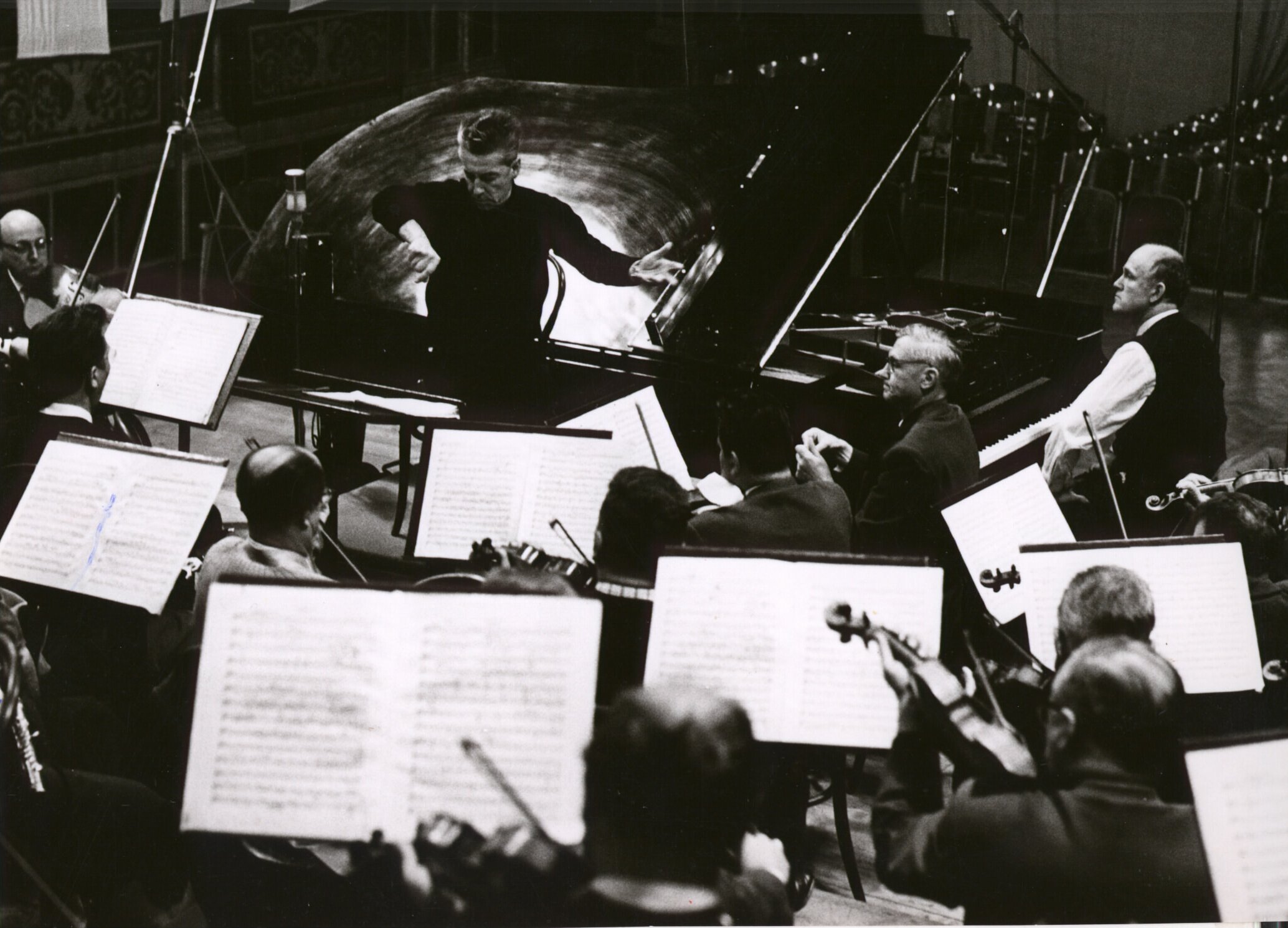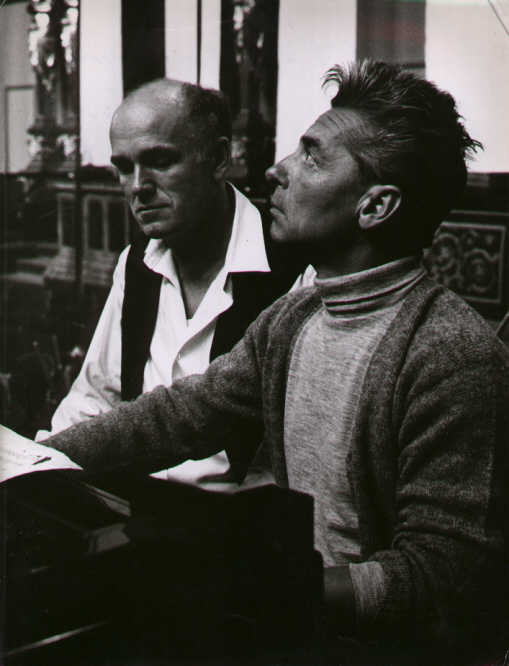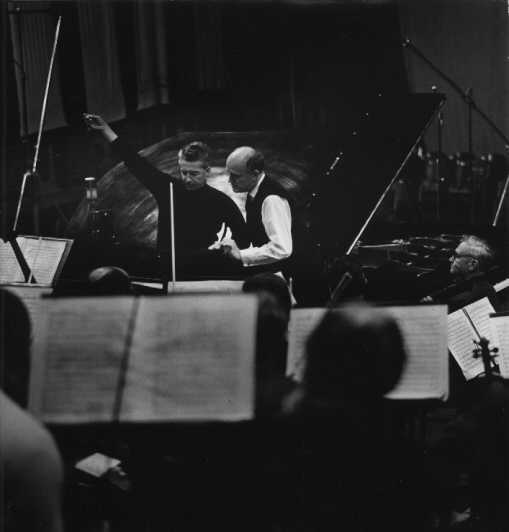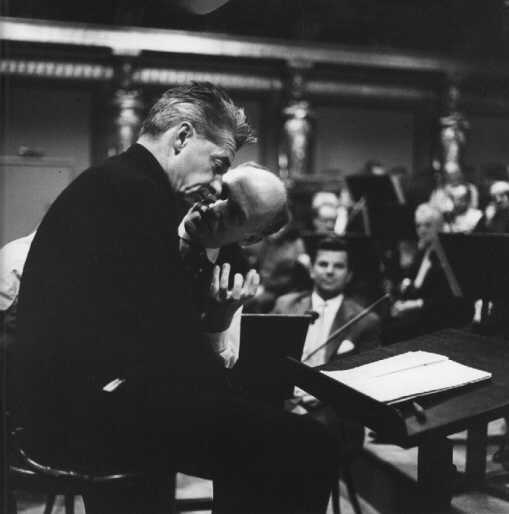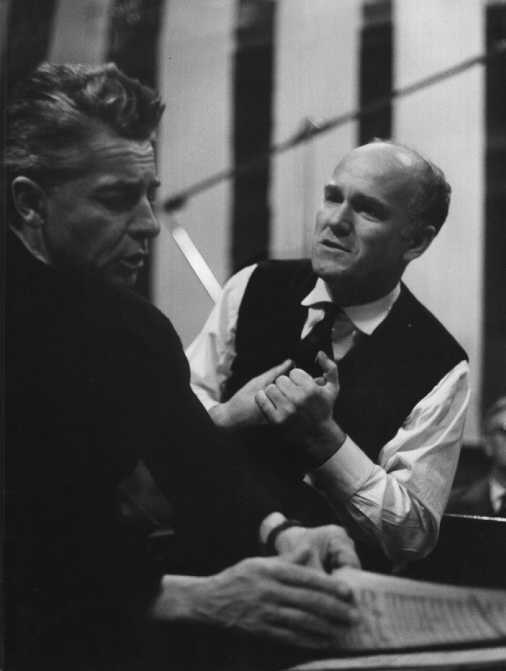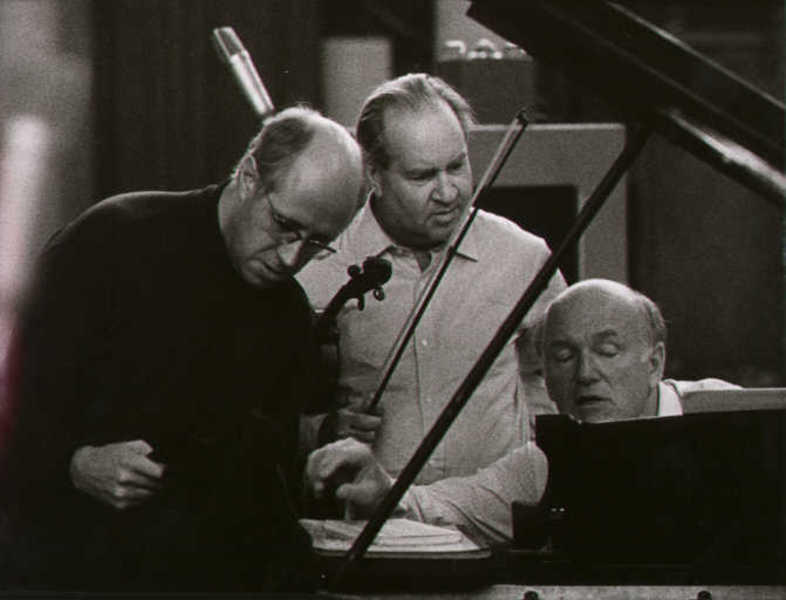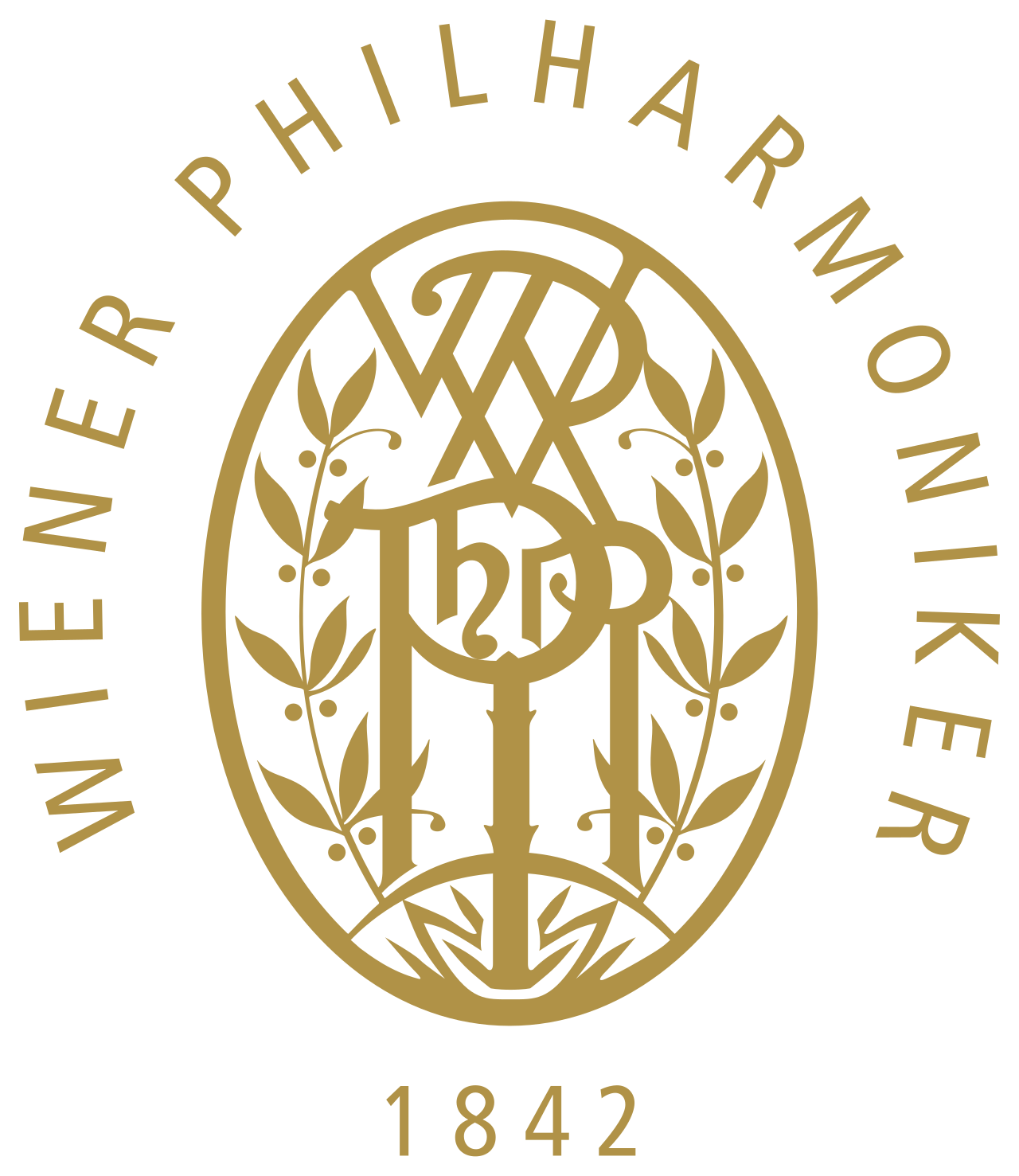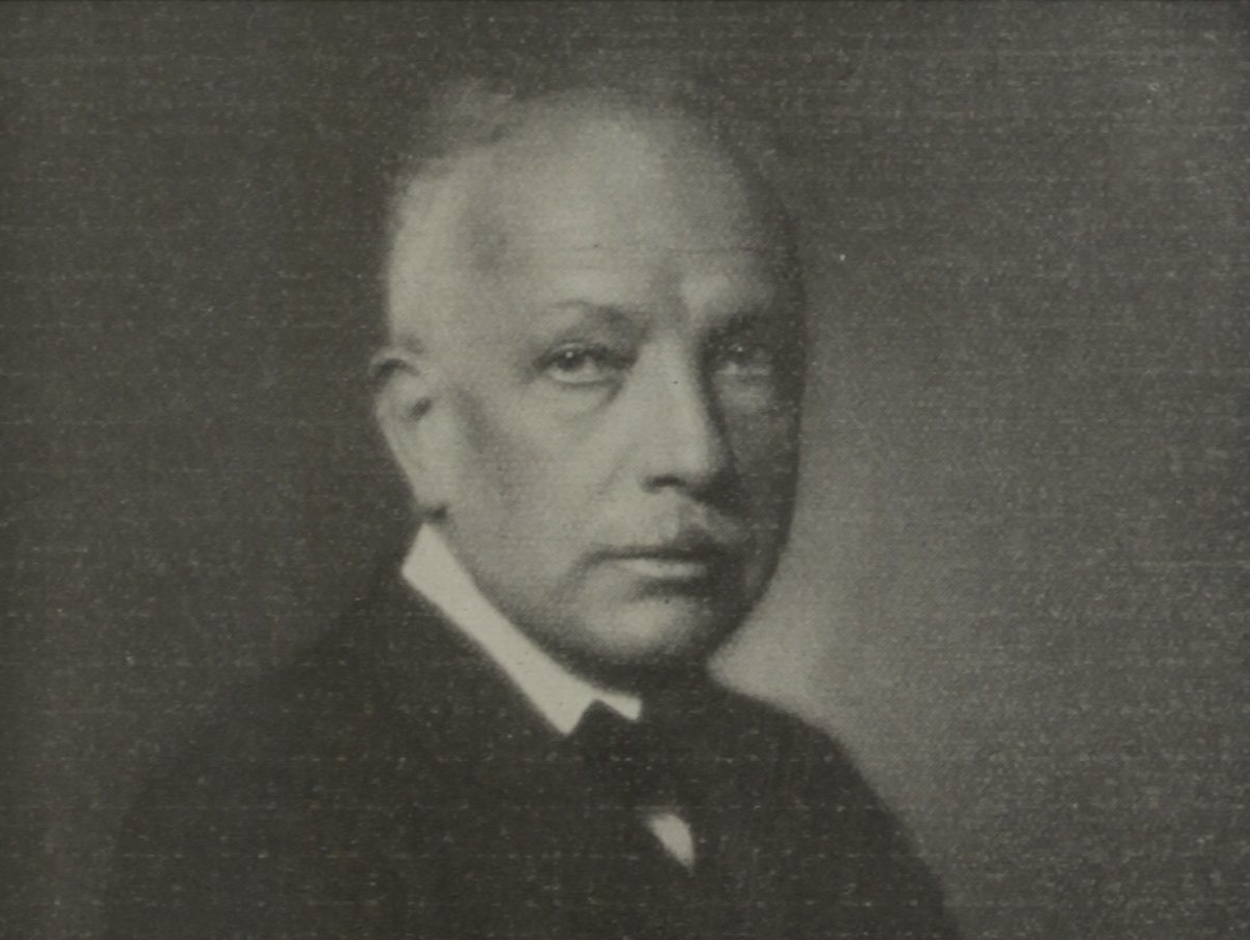23 February 2023
P.R. Jenkins
Karajan artists: Sviatoslav Richter – the Russian titan

Sviatoslav Richter, born in Odessa in 1915, was a titan of Russian piano playing in the 20th century. He was more or less an autodidact before he entered the class of Heinrich Neuhaus at the ripe age of 22. Thereafter, Richter became Prokofiev’s favorite pianist and performed some of his major works for piano for the first time.
Until 1960 he was only an insider’s tip in Western Europe and America but his first tour in the United States brought him immediate fame and critics considered him to be the leading pianist of his time. Karajan and Richter met for the first time in Vienna in 1962 to record Tchaikovsky’s piano concerto No.1 with the Vienna Symphony Orchestra. Richard Osborne reported: “Richter gave a performance of astonishing intimacy and refinement, which Karajan, appreciating to the nth degree what his soloist was about, wrapped round with an accompaniment that both served the interpretation and set it off with a ferocity and exhibitionist dash of its own.”
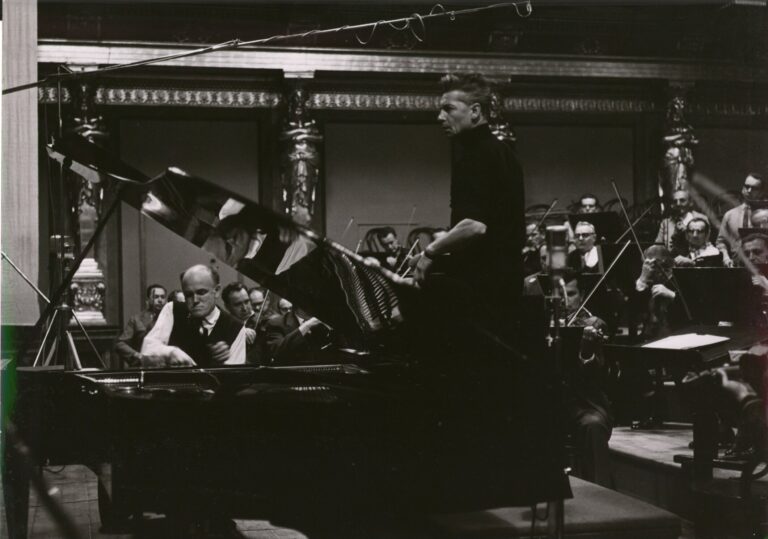
Karajan and Richter during their recording session for Tchaikovsky’s piano concerto in the Musikverein in September 1962.
Their second recording in 1969 was Beethoven’s Triple Concerto with Mstislav Rostropovich, David Oistrakh and the Berlin Philharmonic, and this is definitely the recording of this piece although Richter wasn’t satisfied (according to his memoirs). In general, he had an ambiguous relationship with Karajan: He wrote resentful remarks in his diary about some jokes Karajan had made. On the other hand, he wrote (about the 1972 “Figaro”): “Now it is clear who Karajan really is! And what he is able to do!” – and about the “Parsifal” recording: “What greatness Karajan is able to achieve!” Richter was a complicated personality who suffered from bouts of depression throughout his life – worst in 1974, when he couldn’t be without a plastic lobster(!) that he had with him all the time except when he went on stage.
We’ve prepared playlists with Karajan and Sviatoslav Richter. Listen to them here.
— P.R. JenkinsRichard Osborne “Karajan. A Life in Music” Chatto & Windus, London. 1998

